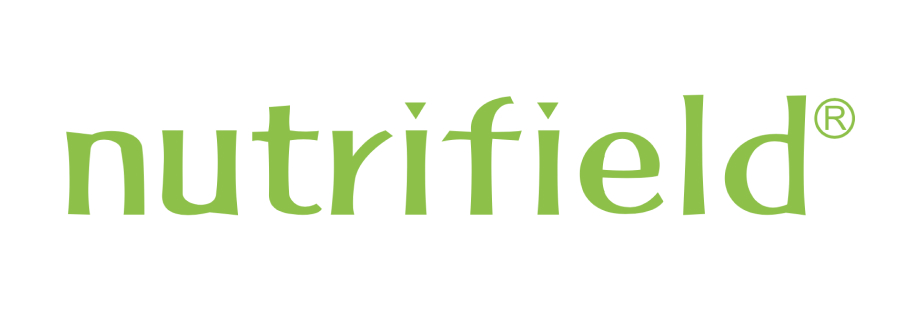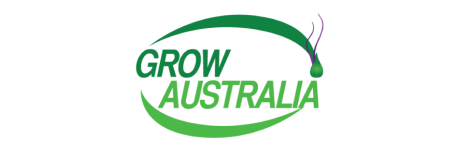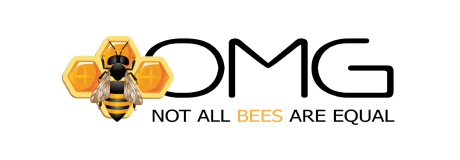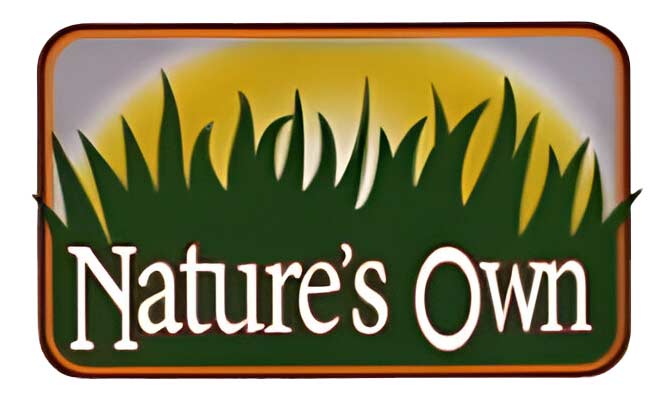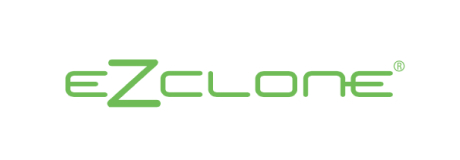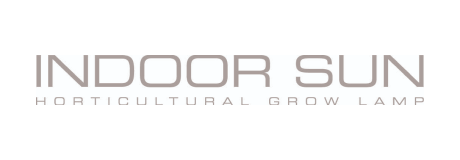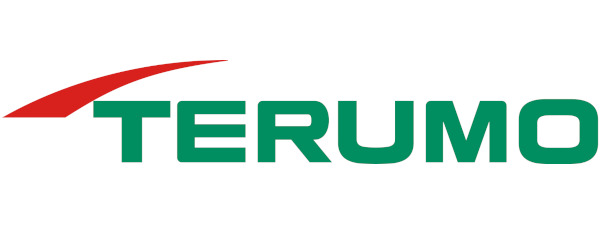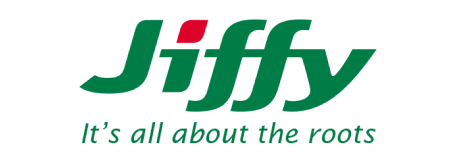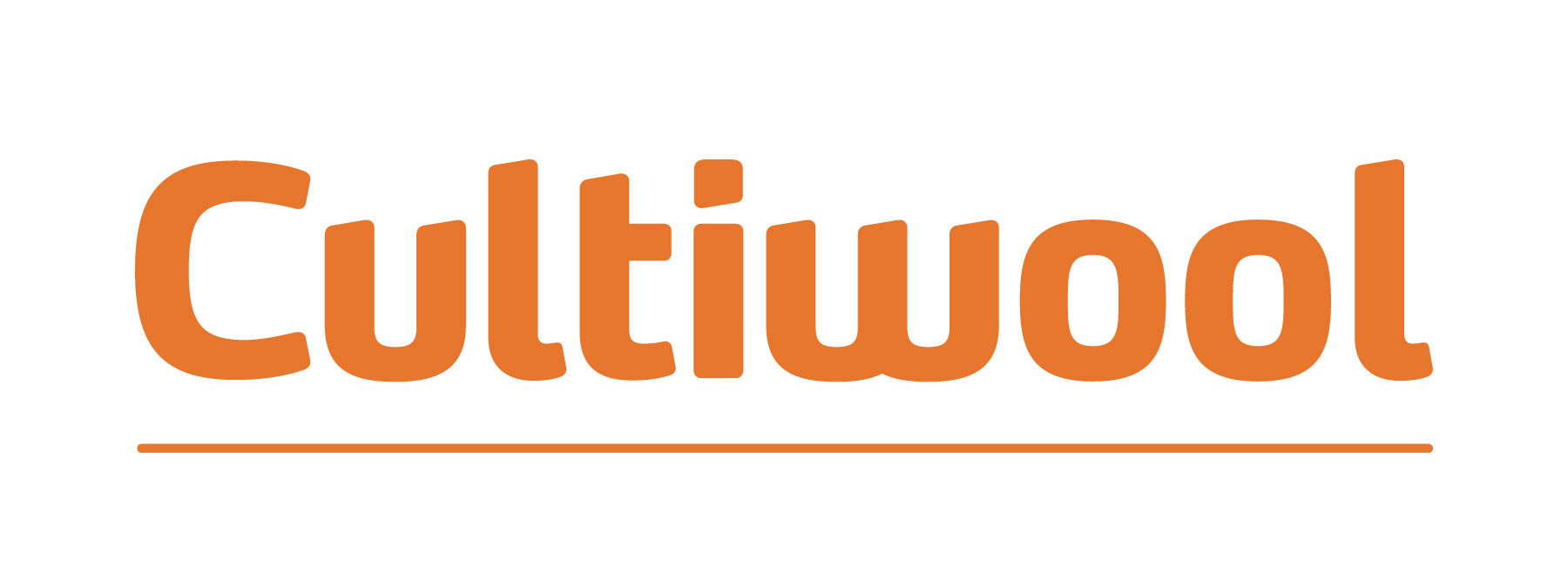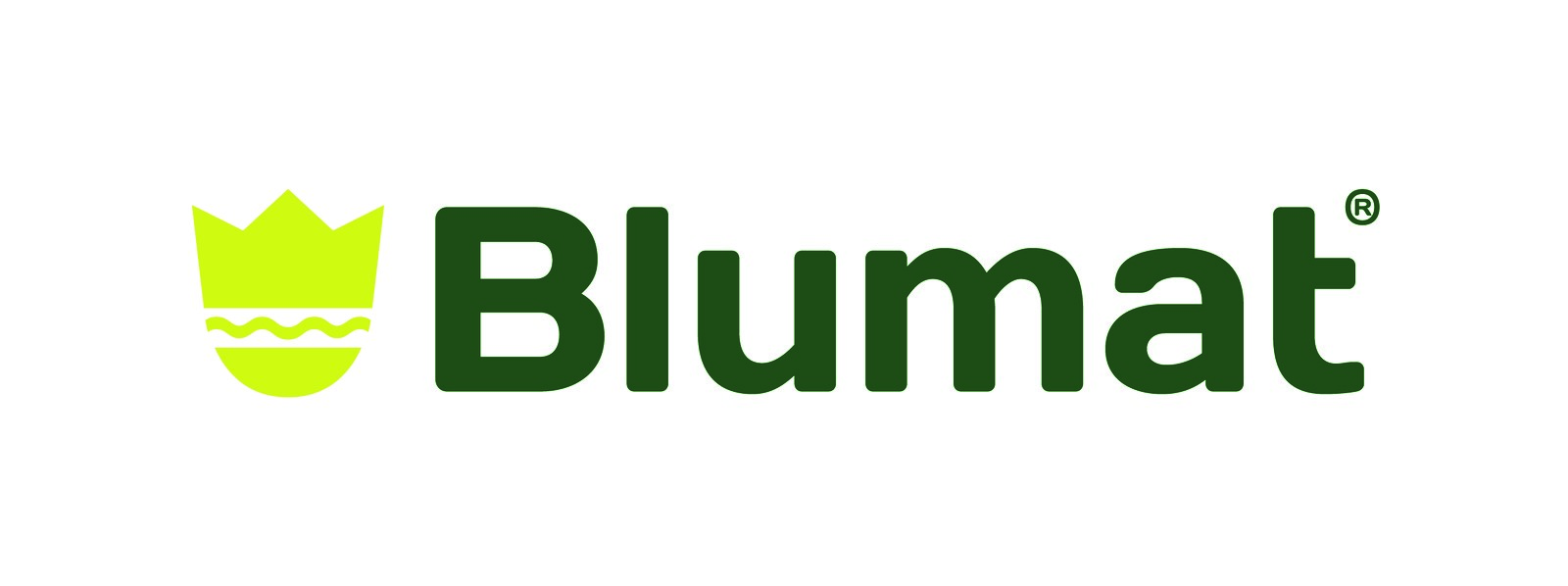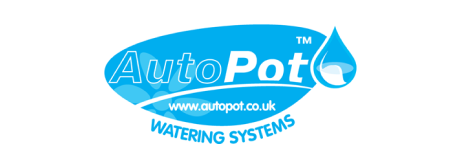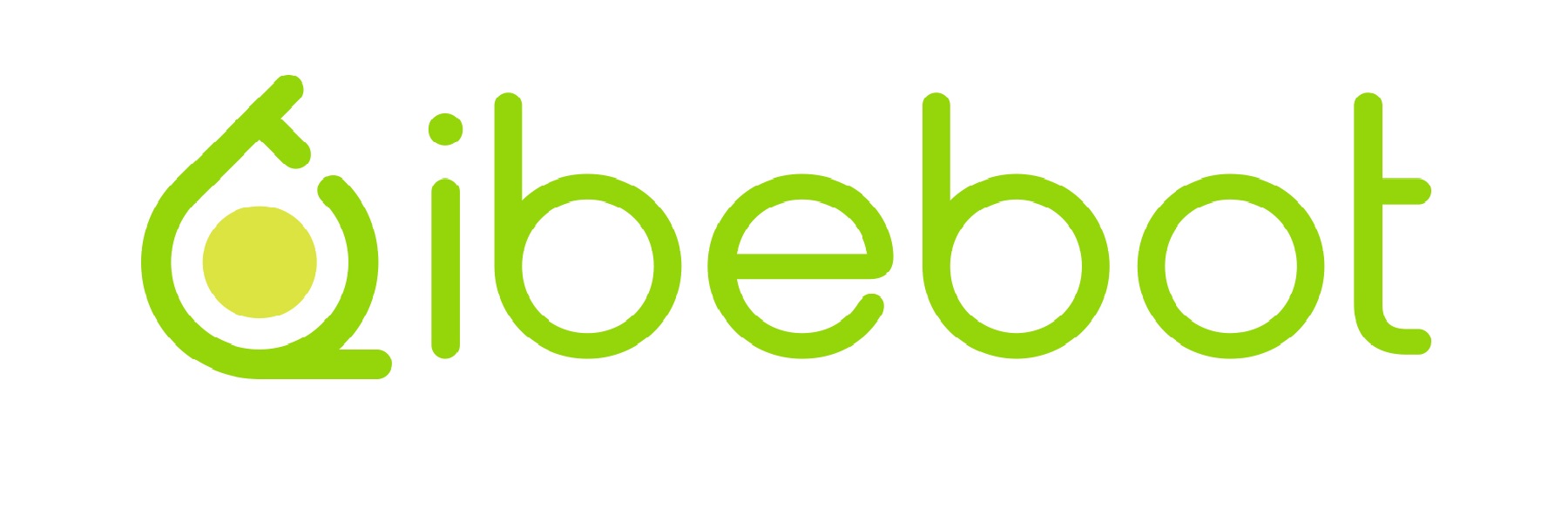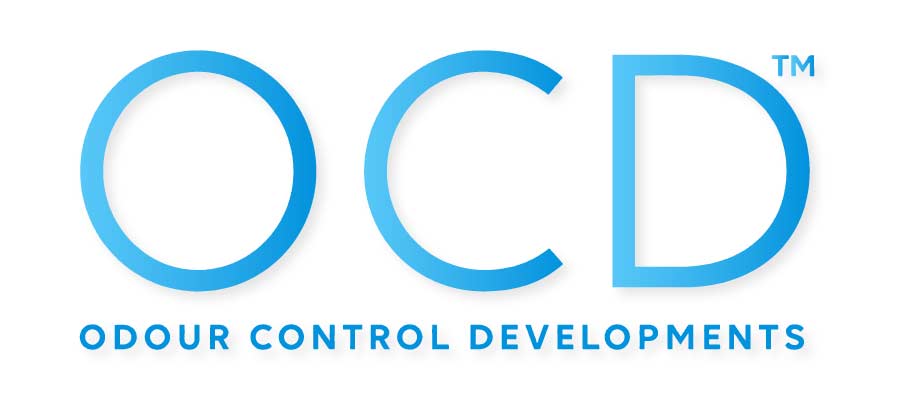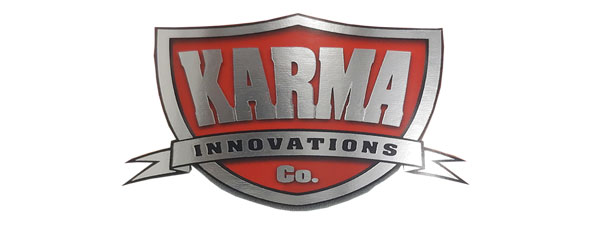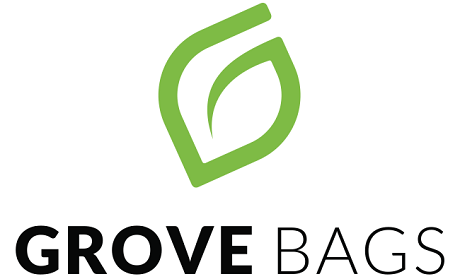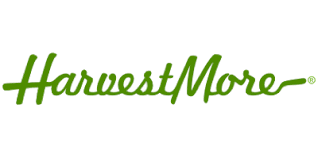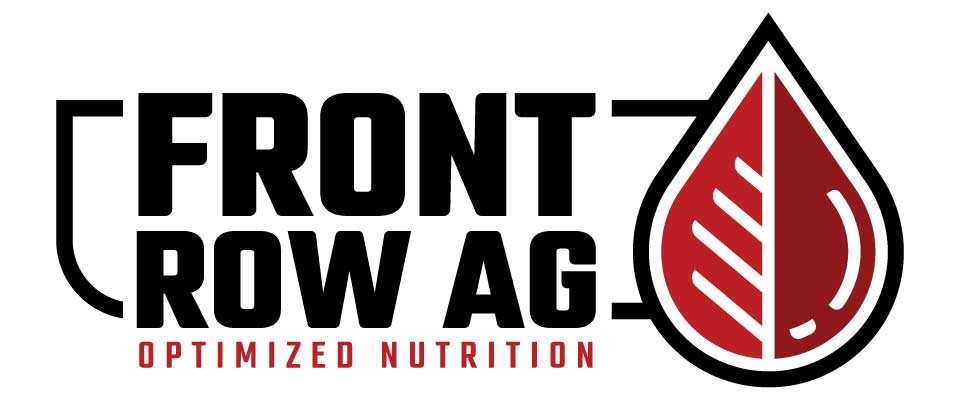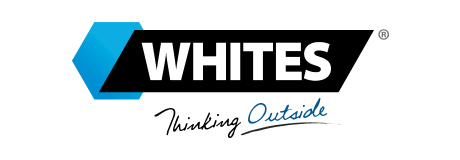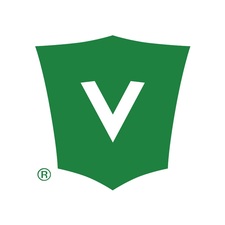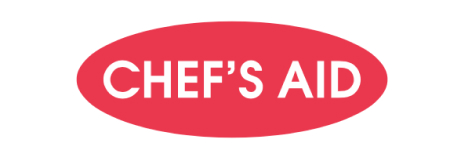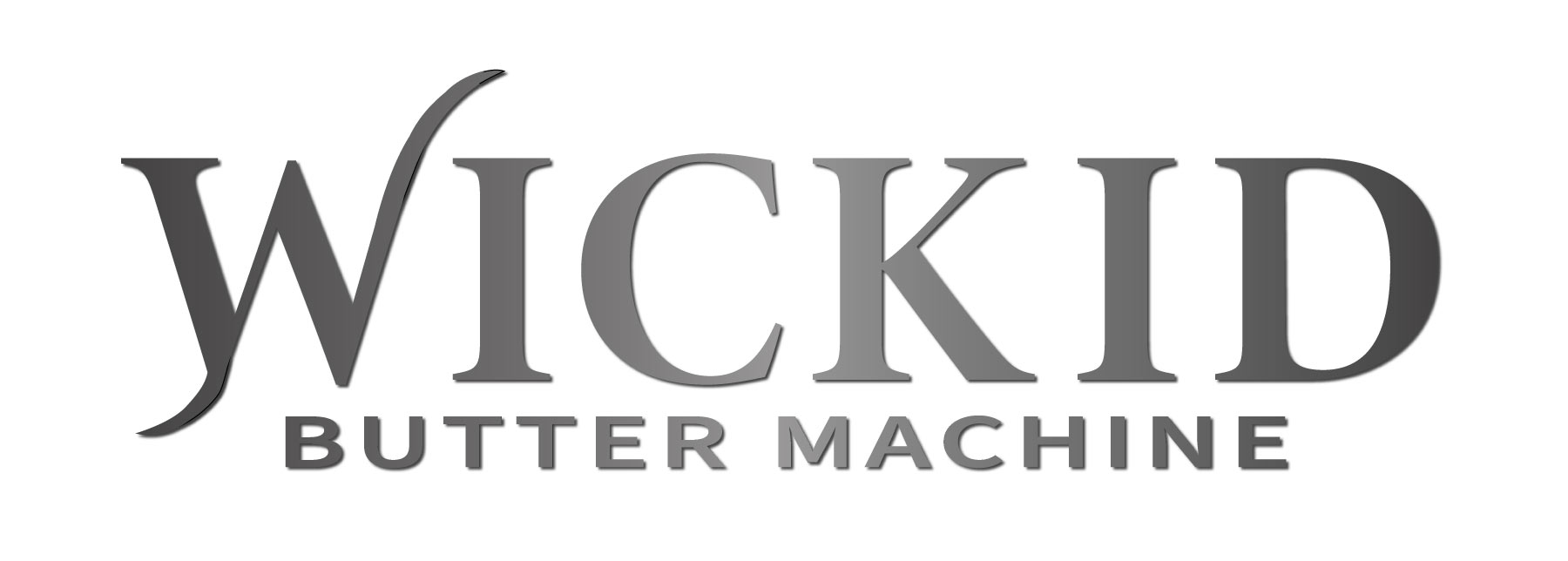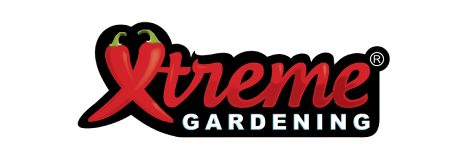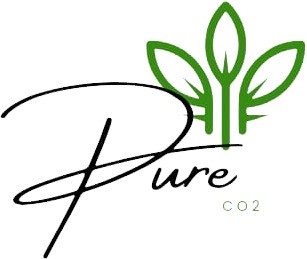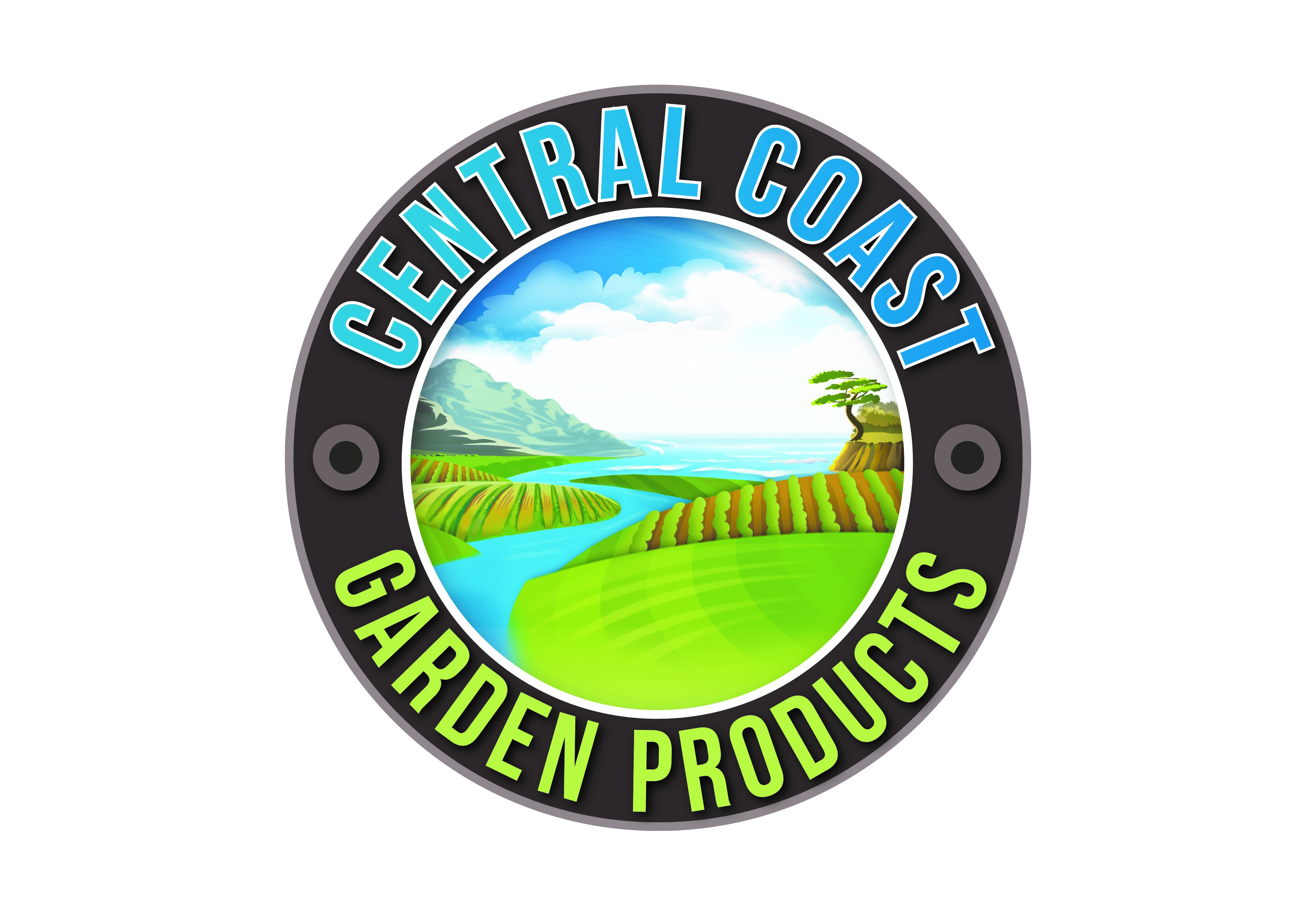Are hydroponic nutrients safe?
According to the World Health Organisation, there are an estimated 600 million cases of food-related illnesses around the world each year. That means 1 in 10 people fall ill from consuming contaminated food. This is a huge issue all over the world, but thankfully one that can be combated with new methods.
Hydroponic nutrients are safe to use. Unlike natural growing methods, hydroponic plants aren't exposed to pesticides, chemicals, diseases, and pathogens. Hydroponic nutrients are a highly controlled and extremely effective method of feeding, especially when paired with additives, substrates and proper equipment.
Want to know more about hydroponic nutrients and how they work in your garden? Get in touch with Hyalite. Our experienced team can point you in the right direction, and lead you to healthier, stronger plants.
Hydroponic nutrients:
Hydroponic nutrients are compounds, both solid and liquid, that foster the strong, healthy growth of plants. They act as food for hydroponic, and are delivered to the roots of the plants via water and substrates.Synthetic hydroponic nutrients are chemically engineered formulas designed to feed plants. Synthetic nutrients dissolve and disassociate in the growing media to feed plants with the correct amounts of the required elements. As these nutrients are designed to exacting standards, they are safe. Organic hydroponic nutrients depend on organisms within the growing media to break them down into the requisite elements. Roots then absorb these elements and deliver them throughout the plant. Organic nutrients are rigorously tested and closely monitored, meaning they are safe for use.
These are some of the main elements present in synthetic and organic hydroponic nutrient blends:
• Silica is deposited in the cells walls of the plant, creating a natural barrier against pathogens.
• Nitrogen aids in photosynthesis and protein creation.
• Phosphorous supports the development of cell membranes.
• Potassium is key to plant growth and development at all stages.
These main elements of hydroponic nutrients may sound like dangerous chemicals, but are actually quite harmless. They are dissolved and consumed by your plants, and are ultimately converted into fruits, vegetables, and plants.
Hydroponic micronutrients:
Micronutrients are trace elements found in nutrient solutions in very small amounts. They are essential to plant growth and development, so much so that their absence will cause plants to die within one growth cycle. Here are some of the most common micronutrients:
• Boron makes cells divide, and actively helps in seed and flower production.
• Chlorine keeps leaves green and roots healthy.
• Iron is essential to the production of chlorophyll in photosynthesis.
• Manganese works to reduce nitrates and produce enzymes.
• Molybdenum helps plants to harvest oxygen from the air.
• Zinc aids in enzyme production of hydroponic plants.
Some of these elements can be hazardous to your health if ingested in large quantities. However, hydroponic nutrients are not ingested, but are rather dissolved throughout the plant. Micronutrients are critical to plant growth, but are safe for humans.
Interaction with growing media:
Naturally-sourced soil can harbour pathogens and diseases that can filter into plants. Unlike soil, hydroponic growing media has been specially designed to offer a robust and supportive setting for plant growth. Substrates also promote root growth, and allow for the free flow of nutrients, water and air to the roots.
Like the nutrients they deliver, hydroponic substrates are free from diseases and pathogens, ensuring that your plants are healthy and safe.
Interaction with plastics:
Hydroponic nutrients don't go straight to the root, so it's important to understand how plastics can affect the health of your plants. As your hydroponic pots and buckets contain all growing media, they are prone to having influence on your plants. The presence of chemical elements and water means that there is a potential for hydroponic nutrients to react negatively with plastics. Many plastics are toxic, and can release these toxins into the substrate, which are then carried with nutrients into the plants. You wouldn't use unsafe plastic in your hydroponic garden, for the same reason that you wouldn't microwave a Styrofoam cup. Food-grade plastics are the safe alternative. They feature a strong chemical composition that will not be affected by the presence of water or other elements in your plant food.
Contact Hyalite:
When used correctly, in the right amounts and alongside the right equipment, hydroponic nutrients are no more dangerous than the water that dissolves them. The chemical elements in nutrients produce strong, healthy plants, free from the pests, pathogens and diseases of their naturally grown cousins.If you want healthier and more robust plants, get in touch with Hyalite. Our friendly team has the inside knowledge and experience to advise you of the right ways to use nutrients to get the best garden possible.



